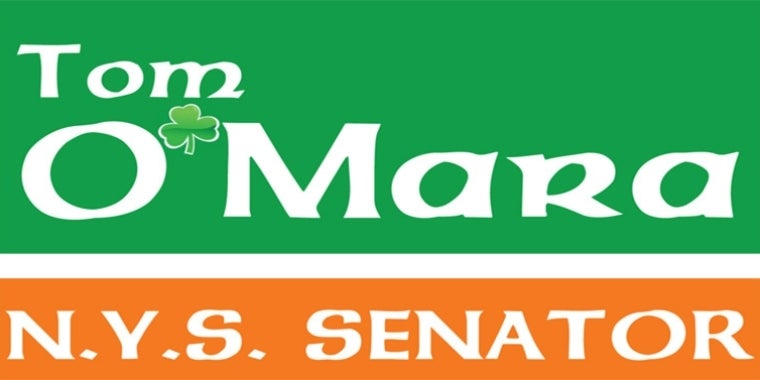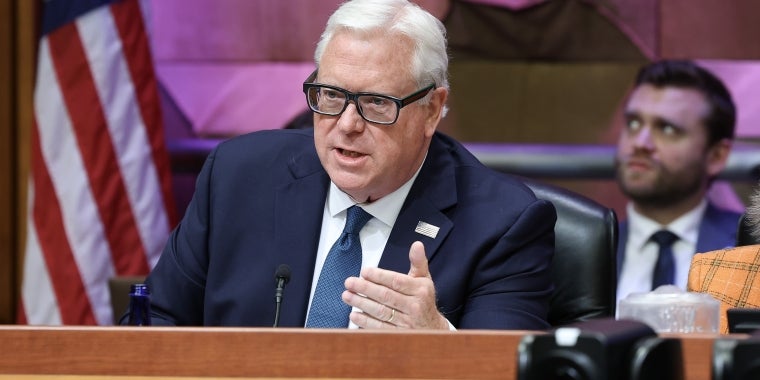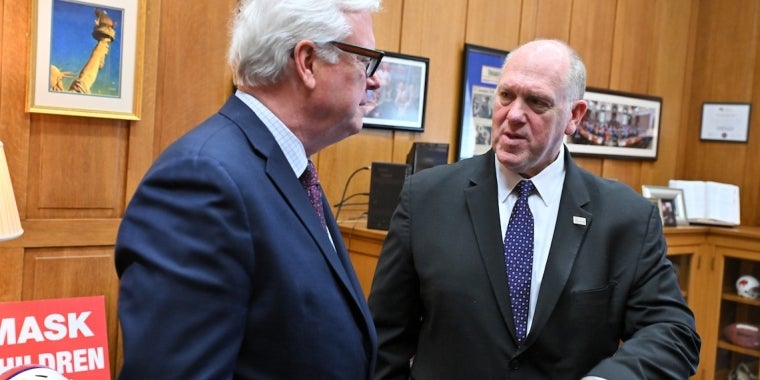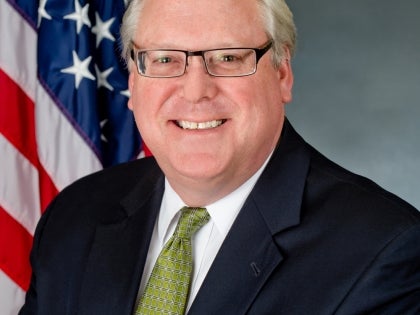
State budget includes funding to expand heroin treatment and prevention efforts, including locally based prescription drug disposal sites
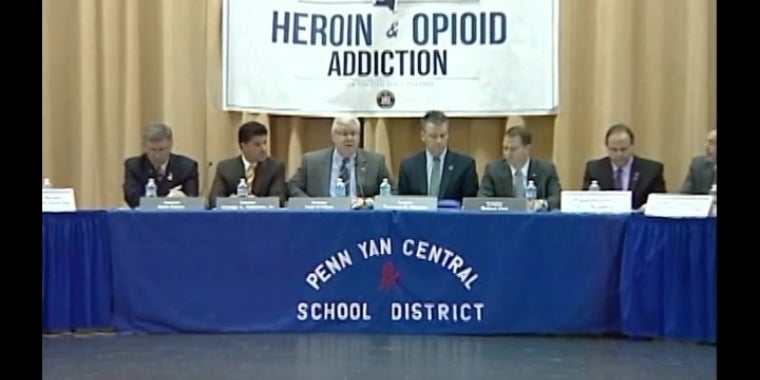
Senator O'Mara sponsored a meeting of the Senate Task Force on Heroin and Opioid Addiction in Penn Yan in February.
Elmira, N.Y., April 5—State Senator Tom O’Mara (R,C,I-Big Flats), a member of the Senate Task Force on Heroin and Opioid Addiction, said today the recently enacted 2016-17 New York State budget includes $1 million to maximize the availability of drug collection programs for communities statewide, including to local law enforcement agencies, for the purchase and distribution of tamper-proof drug collection boxes and other federally approved drug collection programs.
O’Mara said that the new funding is part of a comprehensive, ongoing and overall state-level effort to address New York’s burgeoning heroin crisis by expanding drop-off locations for people to anonymously, responsibly and safety dispose of unused prescription drugs.
“The abuse of prescription drugs is directly tied to and in many ways responsible for the burgeoning heroin epidemic. It’s incredibly important to do anything and everything we can to complement and support the efforts of our local law enforcement leaders to combat prescription drug abuse. These efforts include National Prescription Drug Take- Back Day in late April and other initiatives to encourage the collection and disposal of unused prescription drugs,” said O’Mara. “This budget funding to expand the number of permanent, locally based drop-off centers goes hand in hand with other funding the Senate fought for in this year’s budget to enhance the state’s awareness and education, recovery and treatment services.”
As part of this year’s state budget, the Department of Environmental Conservation (DEC) has been allocated $1 million to establish and enhance drug collection programs statewide. The program will include the purchase and distribution of tamper-proof drug collection boxes and other federally approved drug collection programs to help protect the environment from harmful substances and reduce the risk of addiction through the safe and responsible disposal of opioid pharmaceutical drugs.
Illicit use of prescription medicine has become one of the nation’s fastest-growing drug problems. According to the federal Centers for Disease Control and Prevention (CDC), nearly 15,000 people die every year of overdoses due to prescription painkillers. An estimated 70 percent of people who abuse prescription painkillers obtained them from friends or relatives who originally received the medication from a prescription. The problem is of particularly acute among young adults and teens.
O’Mara also strongly praised the inclusion in this year’s state budget of $166 million in funding to continue enhancing and expanding the state’s heroin and opioid addiction prevention, treatment, recovery, and education services. He said the budget reflects input he and his Heroin Task Force colleagues have received at numerous local public forums they’ve conducted since 2014, including one in late February in Penn Yan (Yates County).
“It’s going to remain important to hear directly from those on the front lines locally who can help us keep targeting the necessary responses. That’s reflected in this budget," said O'Mara.
O’Mara noted that this year’s National Prescription Drug Take-Back Day is scheduled for Saturday, April 30th. Law enforcement agencies across the Southern Tier and Finger Lakes regions will establish drop-off centers to allow people to anonymously dispose of unwanted prescription drugs between 10:00 a.m. and 2:00 p.m. A listing of local collection sites being offered throughout his legislative district covering Chemung, Schuyler, Steuben, Tompkins and Yates counties can be found on the DEA website, http://www.dea.gov/index.shtml.
“It’s incredibly important that our local law enforcement leaders continue to participate in National Prescription Drug Take-Back Day. Their ongoing leadership in this overall effort to combat prescription drug abuse makes all the difference,” said O’Mara, noting that the annual event is coordinated by the federal Drug Enforcement Administration (DEA) in partnership local police agencies across the nation.

